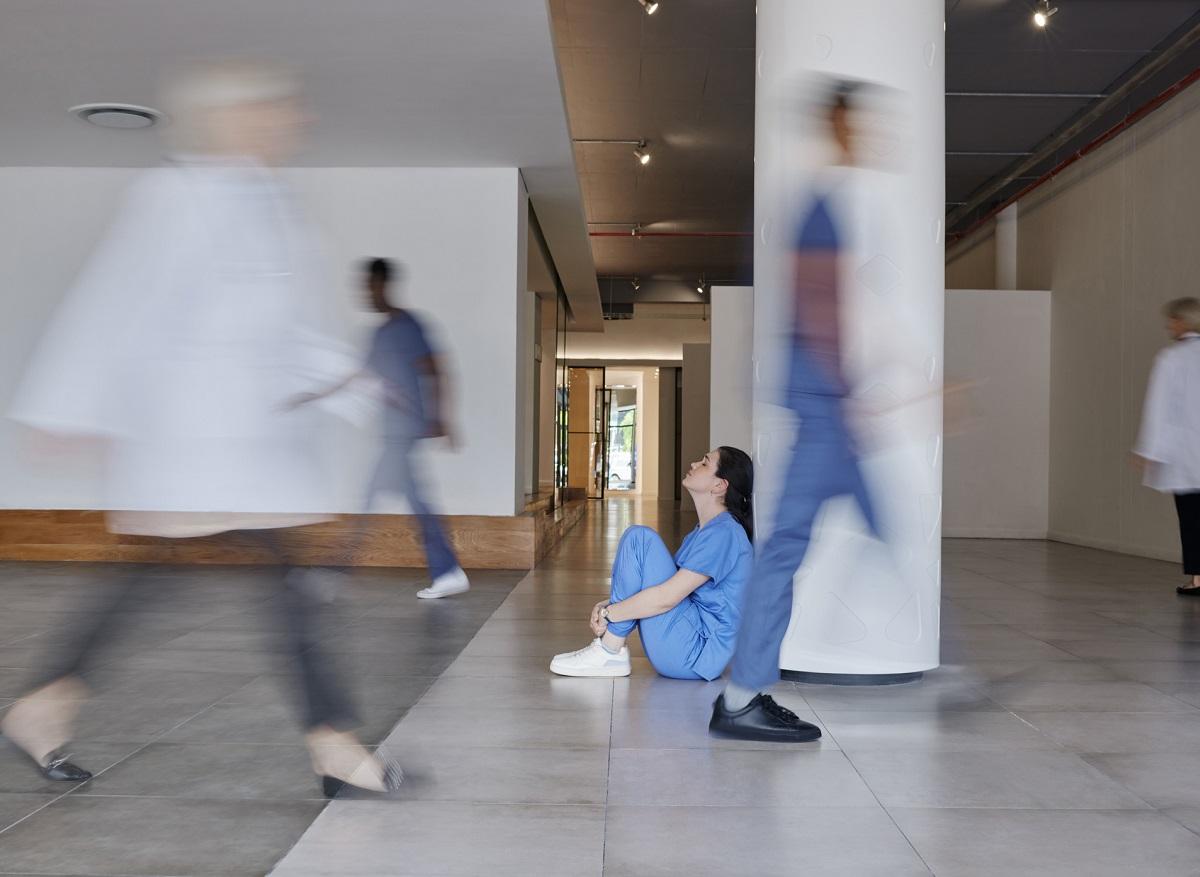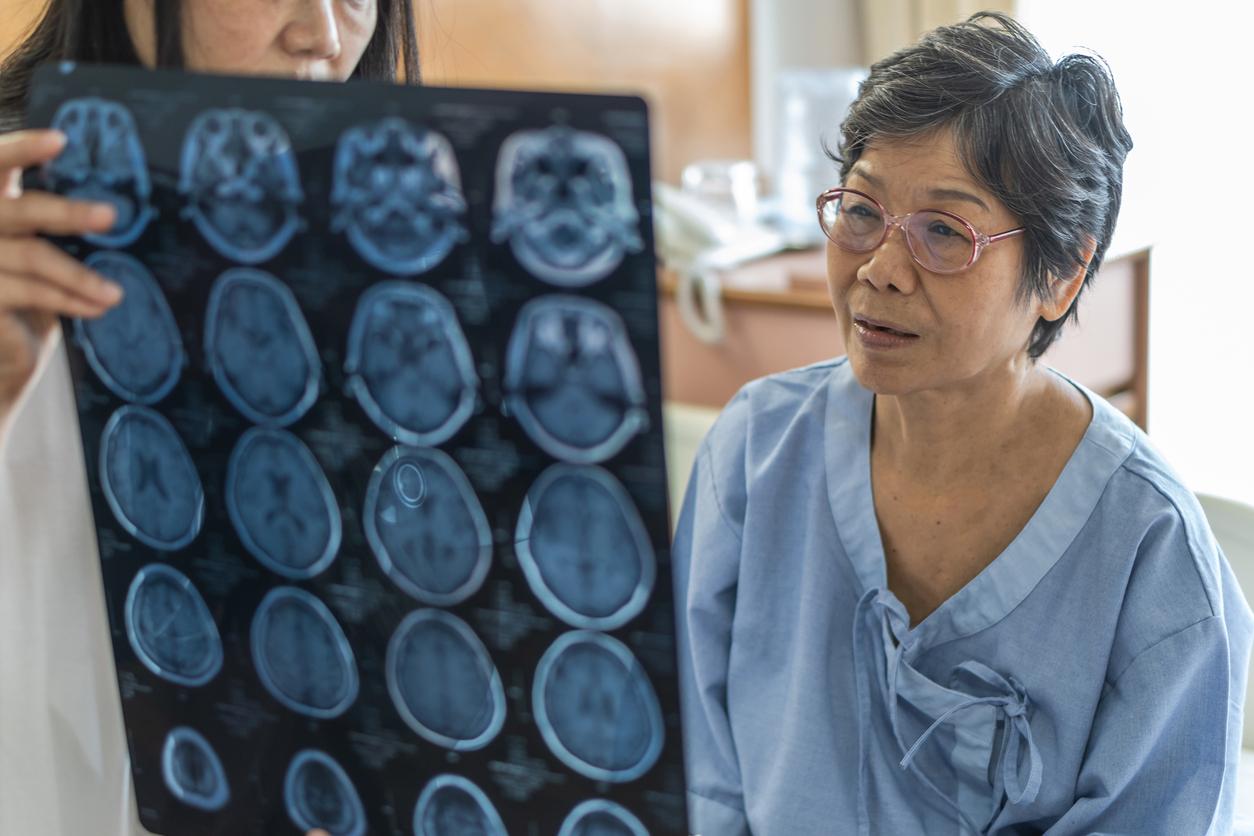In France, approximately 900,000 people suffer from Alzheimer’s disease. This neurodegenerative pathology (which is characterized by memory and executive function disorders, by a loss of reference points in time and space, by language or vision disorders, etc.) affects 15% of over 80 years old.
There is no cure for Alzheimer’s disease: care is said to be “multidimensional” with drugs (in 2018, four of them were dereimbursed), activities, lifestyle measures, complementary non-drug therapies, etc.
Except that due to the health crisis, between isolation, social distancing and successive confinements, the care of patients suffering from Alzheimer’s disease has deteriorated considerably. In a column published this Tuesday, March 30, 2021 by our colleagues from Parisiansix carers of people affected by Alzheimer’s disease (or a related disease) tell their daily life… and call for help.
Containment and health restrictions “opened a boulevard for Alzheimer’s”
“For us, March 17, 2020, the date of the implementation of the first confinement, was the beginning of a very trying period., they write. (…) We have seen our loved ones plunge more quickly, too quickly, into illness. Despite our dedication, we watched helplessly as their cognitive and motor skills deteriorated. As no cure exists for Alzheimer’s, only social connection and non-drug activities can slow the progression of this damn disease. However, with confinements and other restrictions, day centers have closed their doors for a long time, nursing homes have limited visits, professionals such as speech therapists have intervened less… These conditions have opened up a boulevard for Alzheimer’s.“
To the worsening of the condition of the sick was added an often forgotten suffering – that of the caregivers: “we took an alley parallel to this boulevard. That of moral and physical exhaustion, already very real before the health crisis. This crisis has increased our anxiety and our difficulties tenfold since the structures temporarily taking care of our loved ones living at home and thus allowing us to breathe have long been closed. We were also able to lose the help of the professionals who, on a daily basis, came to relieve us and we, the caregivers, thus also became caregivers.“
A suffering that may have led to “defy the ban“: “we took off our mask to smile at the loved one, took their hands or caressed their face. Because touch and gaze are often the only means of establishing contact and feeling the strength of the bond. (…) We coped as we could, with our means, so that our loved one is as well as possible.“
“We are not looking for congratulations. Especially notthey point out. We took on our role as caregivers out of love for our mother or our father, for our wife or our husband. But we tell ourselves that we must testify so that our suffering and our difficulties experienced during this health crisis, as well as those of our loved ones, are heard. So that solutions are found to improve our daily lives. And because what we went through is not tolerable, and must not be repeated.“
Read also :
- Caregiver leave: who is concerned?
- Supporting an Alzheimer’s patient can be learned
- 1 caregiver in 5 devotes more than 40 hours per week to a loved one


















